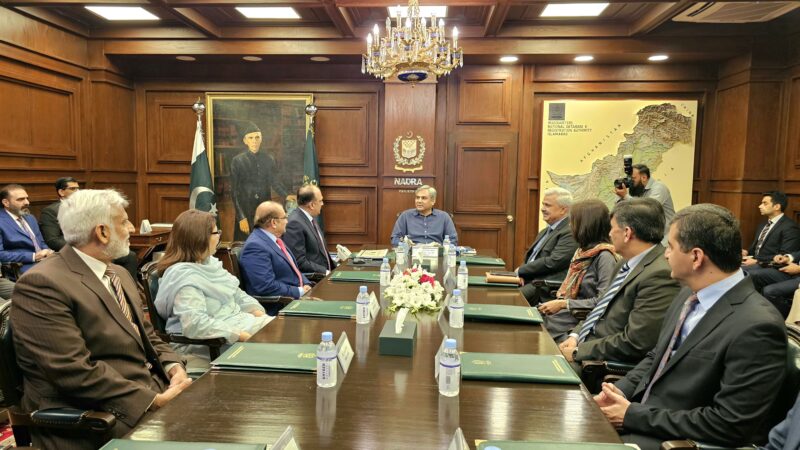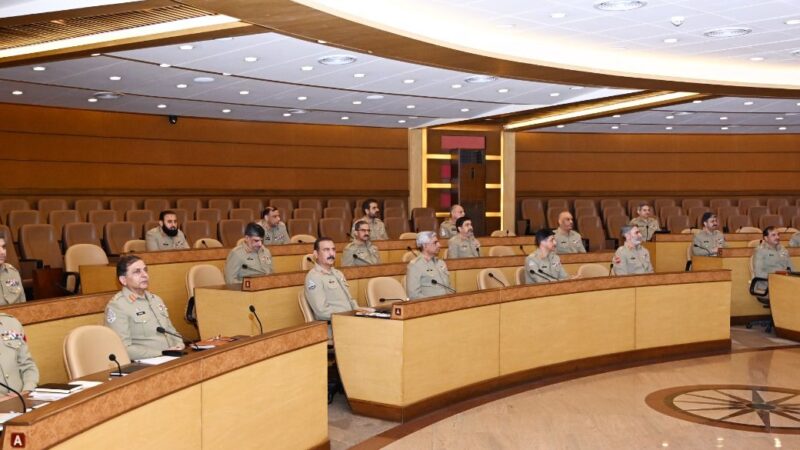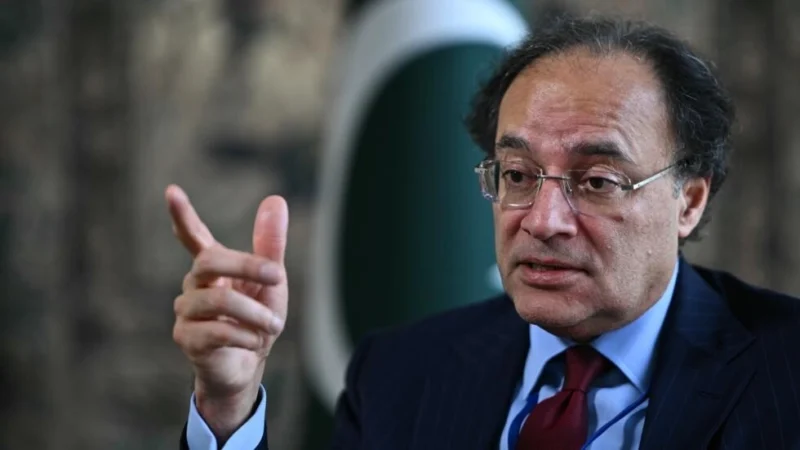KHAWAJA HAMZAA
The recent tripartite meeting of Afghan, Chinese and Pakistani foreign ministers indicates that both China and Pakistan are concerned about the growing threat of militancy from Afghanistan and want Afghanistan to take more serious steps to curb this threat.
Pakistan’s foreign policies are faced with various challenges, mainly revolving around its neighbours.
While Pakistan’s security and diplomatic interests in Afghanistan are concerned, it is equally important to resolve diplomatic issues with China, which has a vested interest in Pakistan’s political stability and security environment, to promote bilateral economic cooperation.
On May 7, 2023, the fifth tripartite meeting of foreign ministers of China, Pakistan and Afghanistan was held in Islamabad. The meeting was an indication of the presence of real challenges in Afghanistan for both Pakistan and China.
The meeting was held at the insistence of Chinese Foreign Minister Chen Gang to address security concerns between Islamabad and Kabul, which have stood in the way of Beijing’s Belt and Road Initiative.
Despite promises of security and counter-terrorism cooperation from both Kabul and Islamabad, threats such as extremism remain for Chinese nationals and projects in the region.
Three groups are of concern to China. Baloch separatists, Turkestan Islamic Party and Daesh Khorasan, their growing propaganda, operational cooperation and strategic nexus against China have raised security concerns for Beijing. At the same time, Pakistan is looking to the interim Afghan government to help eliminate the outlawed Tehreek-e-Taliban Pakistan (TTP) in the region.
A major security concern for China in Pakistan is the Baloch separatist group, which has been warning Beijing to reconsider its investment in the restive province of Balochistan. China is particularly concerned about the Majeed Brigade, a suicide squad of the Baloch Liberation Army.
The Majeed Brigade has been involved in high-profile attacks against Chinese nationals in Pakistan’s Sindh and Balochistan provinces. Ahead of the Chinese foreign minister’s visit, Pakistan revealed the arrest of one of the three major Baloch separatist leaders, Gulzar Imam, who has been responsible for similar attacks in Makran Division and Gwadar.
Another concern for China’s security is the Turkestan Islamic Party, an anti-China Uyghur militant group, and the Afghanistan-based Daesh Khorasan.
At Beijing’s insistence, the Taliban government moved the Turkestan Islamic Party from Badakhshan province near the China-Afghanistan border to central parts of Afghanistan in 2022.
More worryingly, the Taliban government’s sanctions against the Turkestan Islamic Party have led some of its militants to form an operational alliance with Daesh Khorasan.
According to a 2022 UN report, about 50 Turkestan Islamic Party militants have defected to ISIS. Additionally, a group from ISIS Khorasan has met with Turkestan militants to establish cooperation and partnership against China.
On the other hand, there is increasing anti-China rhetoric and attacks from ISIS Khorasan. In recent years, ISIS has emerged as one of the most aggressive and anti-Chinese groups in Khorasan Afghanistan and Pakistan.
ISIS Khorasan also attacked a hotel frequented by Chinese nationals in Afghanistan in January 2023. Similarly, in 2017, this militant group killed a Chinese couple after abducting them in Quetta, the capital of Balochistan.
During the tripartite meeting, China, with the help of Pakistan, urged Taliban Foreign Minister Maulvi Amir Khan Muttaqi to take concrete steps against the Turkestan Islamic Party and ISIS in Khorasan.
In addition to their relocation, Beijing wants the Taliban government to arrest and hand over Turkestan Islamic Party militants to Chinese authorities. However, the Taliban are not ready to take any other action except to move them to areas away from the Afghanistan-China border.
Another issue that the Pakistani establishment raised with the Taliban’s foreign minister was the infiltration of Tehreek-e-Taliban Pakistan militants from Afghanistan into Pakistan’s Khyber Pakhtunkhwa and the continued Pakistani demands for border security measures near the Afghanistan-Pakistan border. The Taliban government has not only closed the entry points of the TTP from Kunar and Nangarhar provinces but also moved them away from the Pakistani border areas.
As a result, more TTP fighters are entering Pakistan from the Afghan border areas near Balochistan.
During the meeting, the three foreign ministers agreed to increase cooperation against militancy to break this nexus and stop the activities of these groups. China has expressed its willingness to further enhance the operational capabilities of the Pakistani and Afghan forces in return for intensifying intelligence cooperation and meeting security demands.
The recent tripartite meeting of the Afghan, Chinese and Pakistani foreign ministers is an important development. This is an indication that both China and Pakistan are equally concerned about the growing threat of militancy from Afghanistan and want Afghanistan to take more serious steps to curb this emerging threat.
However, China’s message to both Afghanistan and Pakistan is clear that any future economic investment in the two countries under the BRI framework is dependent on political stability and an improved security environment. Due to the current situation, the CPEC project is already slowing down.
Beijing has offered to increase counter-terrorism cooperation with the two countries by providing specialized equipment such as night vision goggles, bulletproof vests, drones and joint training in exchange for increased intelligence cooperation against anti-Chinese extremist groups.
Now it will be important to see what steps the Afghan government can take regarding Chinese concerns about the activities of these anti-Chinese groups in the region.








